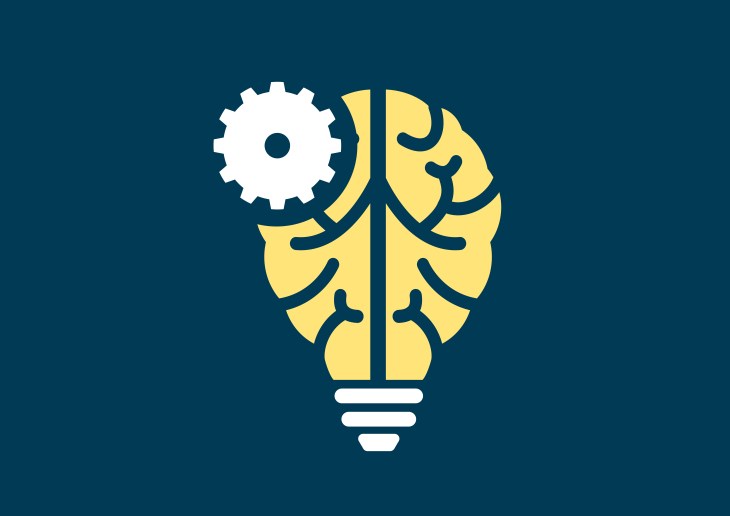The future of cloud computing and machine learning: Solution for Africa
The future of cloud computing and machine learning: Solution for Africa

Cloud computing
has come a long way over the last several years. Innovation is increasing at
rates never experienced before and will continue to do so.
Cloud computing
started as a way to abstract physical infrastructure and data centers. The next
generation of cloud computing is focusing on abstracting virtual infrastructure
and the operational processes that go along with managing that infrastructure. Through
cloud computing, complex technologies like machine learning will be made
simple, so data scientists can focus on the data, and developers can enable the
data scientists without having to become experts at the underlying machine
learning technologies.
Most tech
companies have been blazing the path for big data for almost two decades. Now they are shifting the conversation from
big data analytics to deep learning. I
believe that machine learning is the next layer of programming. It entails the process of data ingestion,
storage and training machine models as simple as calling an API.
 We’ve known for years that
most big data initiatives fail in the data ingestion phase. Google has made
this process very easy with APIs like Pub/Sub, DataFlow, and others. We also
see data scientists complaining that they spend up to 80% of their time
preparing the data and training the models before they can even begin to
extract any value out of the current machine learning technologies. In fact,
some data scientists sarcastically call themselves “data janitors” because they
spend more time preparing data than they do analyzing it.
We’ve known for years that
most big data initiatives fail in the data ingestion phase. Google has made
this process very easy with APIs like Pub/Sub, DataFlow, and others. We also
see data scientists complaining that they spend up to 80% of their time
preparing the data and training the models before they can even begin to
extract any value out of the current machine learning technologies. In fact,
some data scientists sarcastically call themselves “data janitors” because they
spend more time preparing data than they do analyzing it.
Google has speech, sound and
image recognition services that can analyse images and categorise into thousands
of categories. Its has developed APIs that can take an image
of a person and detect race, gender, and mood. It can also look at the
background and possibly determine the location of the person and relevant
information about the location. It can also read text within the image itself
and return it to the user as metadata.
If we have to practically
apply this technology to something of image of value in Africa, we can start
seeing results. Imagine a healthcare company working with
images generated from X-rays and MRIs. The Vision API can return various
metadata about what it sees within each image. Then machine learning models can
be trained to make predictions based on the image metadata. When applied to
industries like healthcare, image recognition and machine learning can could
lead to new methods of early detection of diseases like cancer. My guess is
that these technologies will be used to solve problems and predict outcomes for
things that we haven’t even thought about yet.
As machine learning becomes
easier to work with, companies will shift from performing analytics to deep
learning. These technologies will undercover new information that can transform
industries and business models in Africa

Comments
Post a Comment
Thank you for your interest